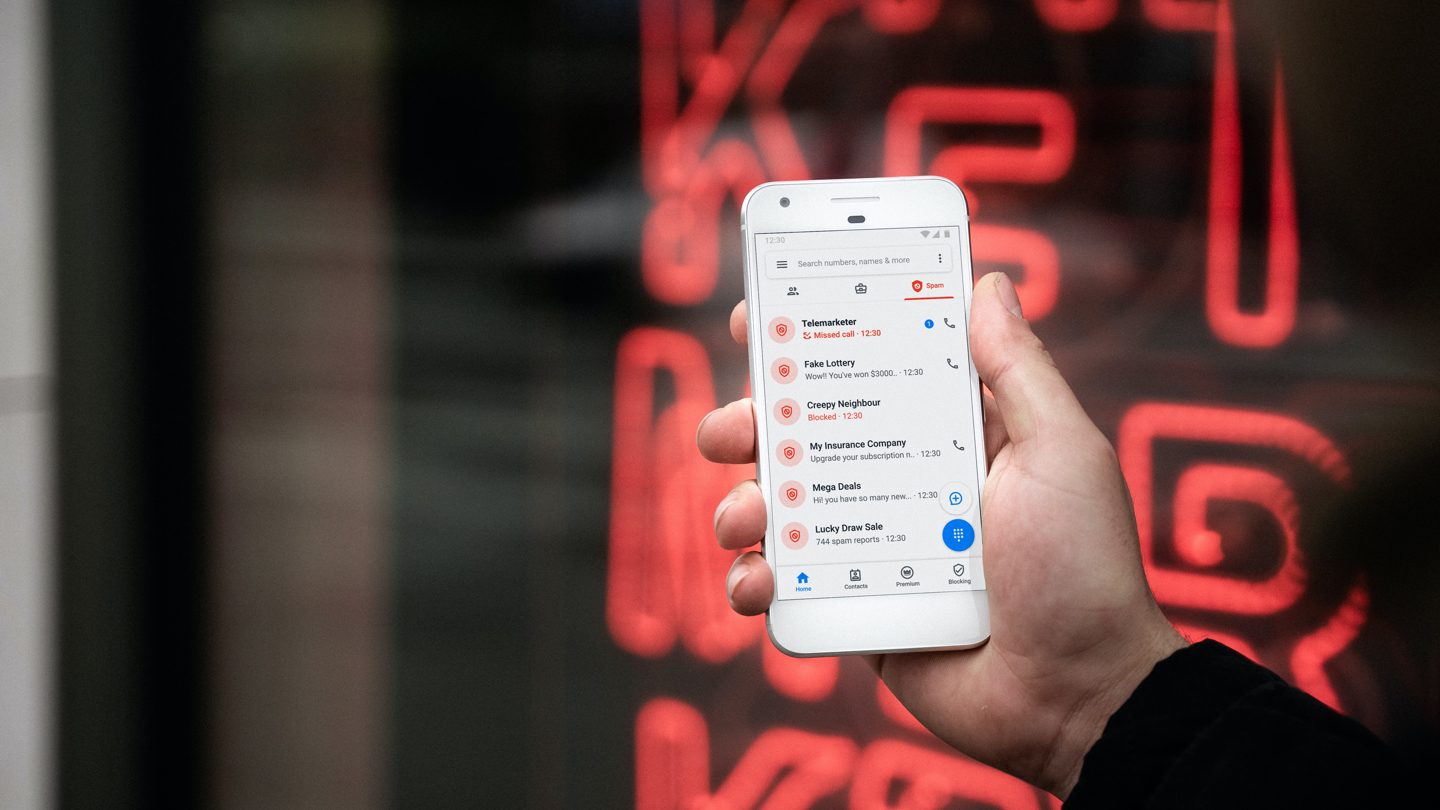
Have you got a Christmas tree yet? Let's talk price
Like the wacky family in your favourite Christmas movie, it's time to find the perfect Christmas tree!

Like the wacky family in your favourite Christmas movie, it's time to find the perfect Christmas tree!

All in this week’s best banking news recap: editor’s pick.

All in this week’s best banking news recap: editor’s pick.

All in this week’s best banking news recap: editor’s pick.

All in this week’s best banking news recap: editor’s pick.

All in this week’s best banking news recap: editor’s pick.

All in this week’s best banking news recap: editor’s pick.

Treasurer Josh Frydenberg will hand down the Federal Budget on Tuesday, May 11. In short, the Budget estimates the government’s revenue and spending for each fiscal year. It also considers what's important or valuable to our nation at a given point in time.

All in this week’s best banking news recap: editor’s pick.

New credit reporting laws will require banks to pass on more detailed information about customers’ credit history to credit agencies.